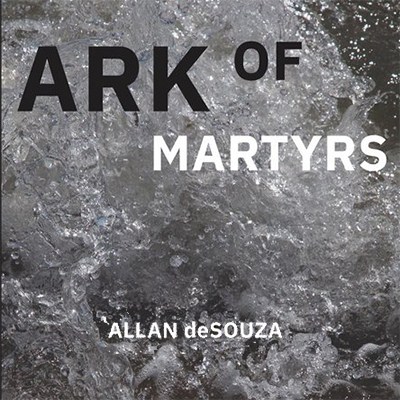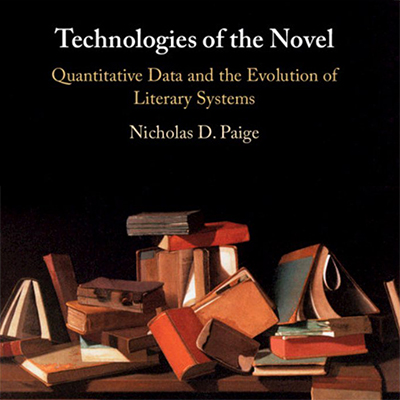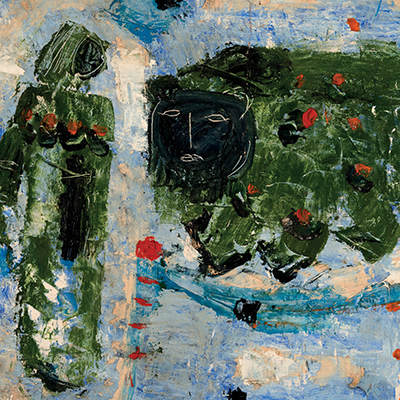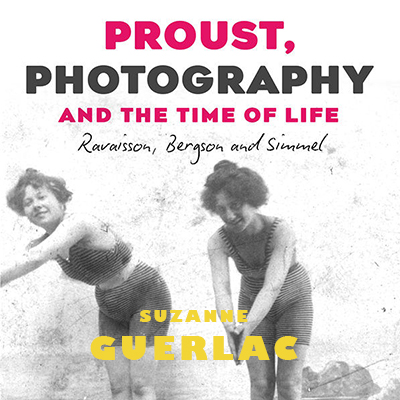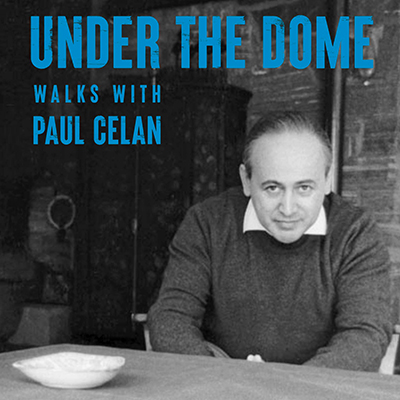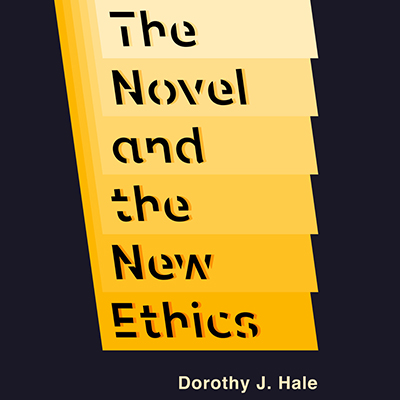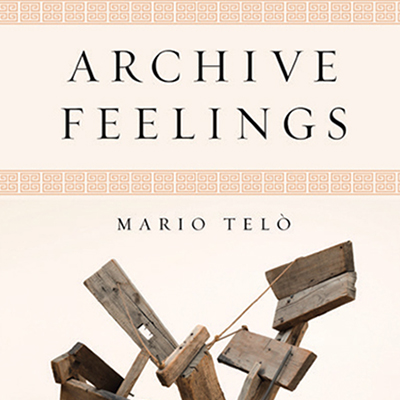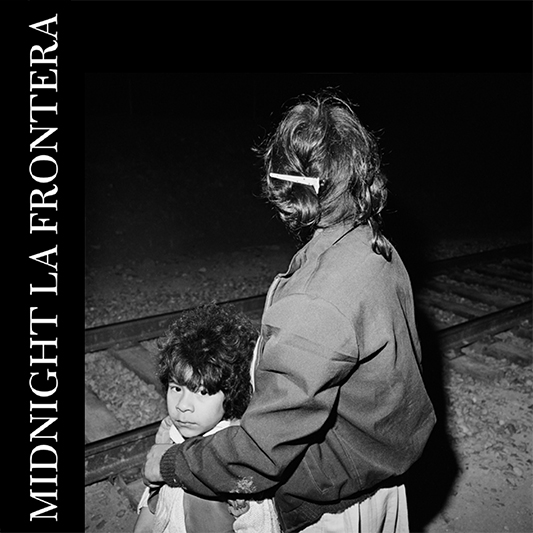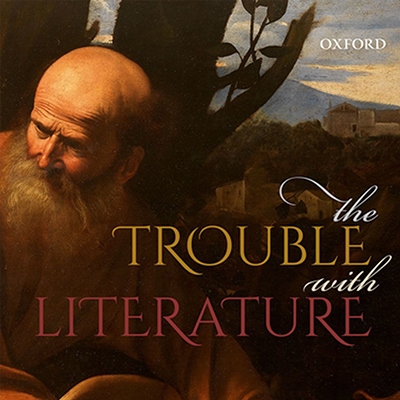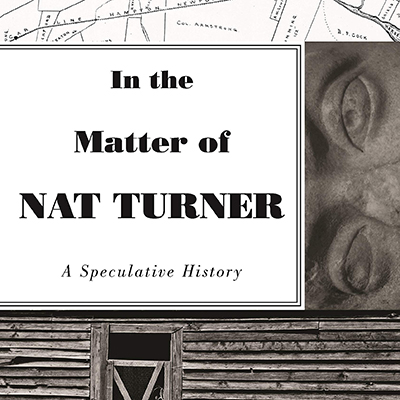The Townsend Center presents a lunchtime series celebrating the intellectual and artistic endeavors of the UC Berkeley faculty. Each Berkeley Book Chat features a faculty member engaged in conversation about a recently completed publication, performance, or recording. The series highlights the extraordinary breadth and depth of Berkeley’s academic community.
Hannah Zeavin tells the complicated story of American techno-parenting, for an object lesson in how using technology in our most intimate relationships became a moral flash point.
Fiona McFarlane's gripping collection of short stories explores the reverberations of a serial killer’s crimes in the lives of everyday people.
Mark Goble explores how slow motion in film and literature reveals a deep cultural fascination with the uneven speeds of modern life and our ability to comprehend them.
Concrete Encoded: Poetry, Design, and the Cybernetic Imaginary in Brazil
Nathaniel Wolfson shows how the concrete movement in art and poetry — which burst onto Brazil’s cultural stage in the 1950s, during a dizzying period of modernization — presciently grappled with an emerging information age.
In his exploration of plays named after objects, Mario Telò offers a new approach to the politics of familial and social relations in Roman comedy.
Past Events
Allan deSouza’s rewriting of Joseph Conrad’s Heart of Darkness substitutes Conrad’s words with ones that loosely rhyme, creating a linguistically and psychologically complex portrait of dystopian contemporary life.
Technologies of the Novel: Quantitative Data and the Evolution of Literary Systems
In a study based on the systematic sampling of nearly 2,000 French and English novels written between 1601 and 1830, Nicholas Paige offers a new conception of the novel as a technology of patterned systems in constant flux.
Anneka Lenssen explores how artists developed new kinds of painting as a means to agitate against the imposed identities and intersubjective relations that accompanied the making of modern Syria.
Placing Remembrance of Things Past within a complex philosophical and aesthetic context, Suzanne Guerlac approaches Proust’s novel as a text whose true subject is the adventure of living in time.
Under the Dome: Walks with Paul Celan by Jean Daive
In their introduction to the English translation of Jean Daive’s memoir, Robert Kaufman and Philip Gerard provide critical, historical, and cultural context for Daive's account of his friendship with the German-language poet Paul Celan.
A generation of contemporary Anglo-American novelists has championed the ethical value of literature. Dorothy Hale explores the modernist roots of this “new” emphasis on the novel’s ethical significance.
Bringing an innovative synthesis of postmodern theories to bear on his reading of ancient Greek tragedy, Mario Telò offers a new way of understanding tragic aesthetics.
Documentary photographer Ken Light and author José Ángel Navejas discuss their book, which features photographs of US border patrol agents on their nighttime shifts on the Mexican border in the 1980s.
Victoria Kahn argues that the literature of the English Reformation (written during the fraught years of the late 16th and 17th centuries) marks a turning point in Western thinking about literature and literariness.
Christopher Tomlins offers a new interpretation of Nat Turner and the slave rebellion that stunned the American South.





